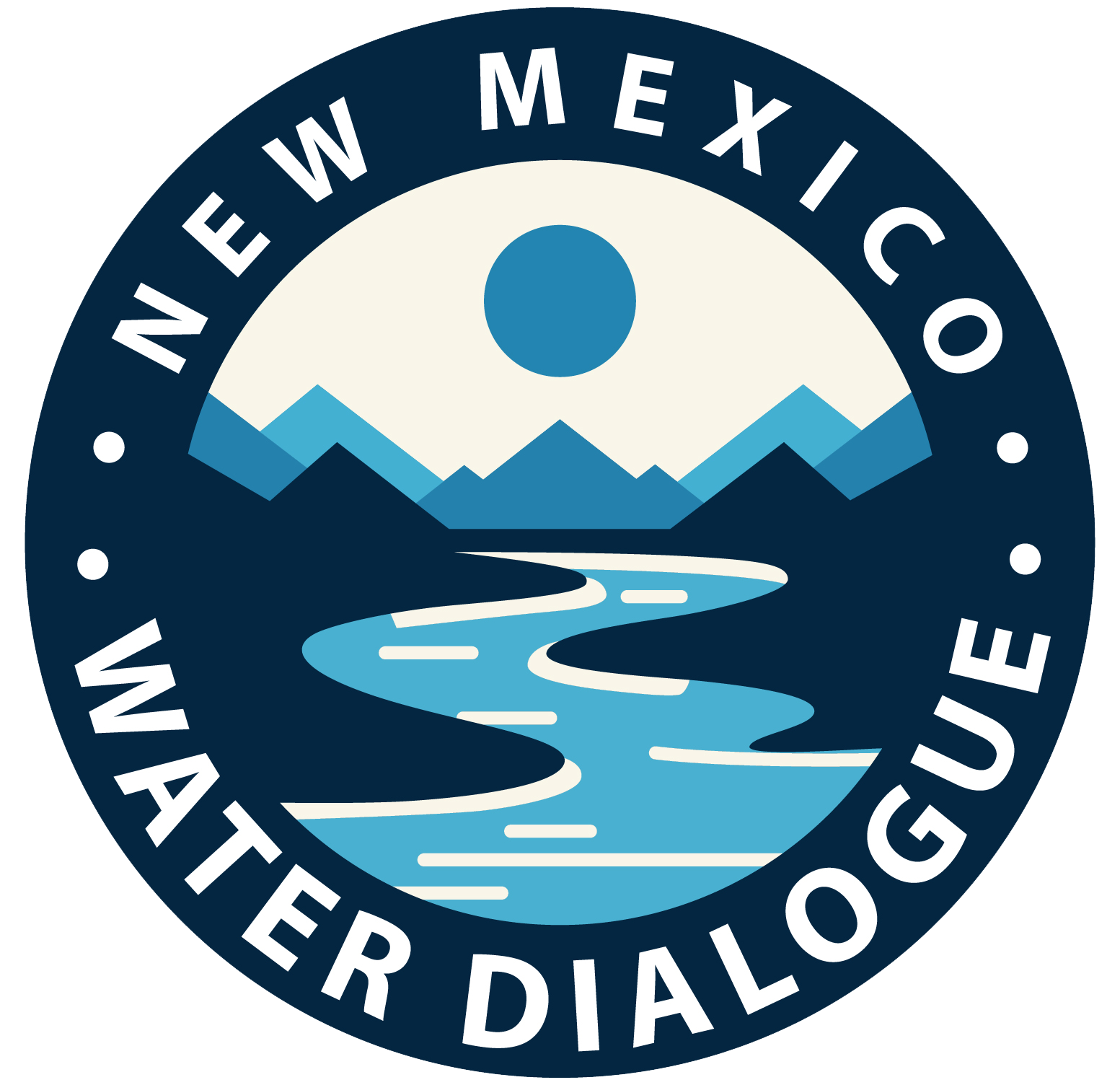The Water Conservation Incentives Project (WCIP) is funded in part through a grant from the Water Conservation Field Services Program of the U.S. Bureau of Reclamation.
Water right holders lack incentives to conserve. In fact they face institutional disincentives to do so. The Water Conservation Incentives Project brings a diverse group of individuals with interests in water use and conservation together with an academic team to examine this issue. The Dialogue has collaborated for this project with Professor David Brookshire of the University of New Mexico’s Economics Department. Under a separate grant from the National Science Foundation to a consortium of universities, Dr. Brookshire is developing a model to determine conditions under which water right holders might be interested in leasing saved water for other uses.
Several participants from the Middle Rio Grande valley claim water rights, where increasing multiple demands on an over-appropriated resource are driving up the monetary value of available water as the population of the valley grows. At the same time, excessive pumping of groundwater is further reducing the sustainable supply, and the cumulative effect of all uses is threatening the hydrological and ecological sustainability of the region.
Individuals involved in the WCIP participated in Dr. Brookshire’s experiment, and have engaged in three follow-up workshops critiquing the model and developing suggested rules to govern a leasing market that will create appropriate incentives to conserve. Although funding from Reclamation has ended with the September 2007 workshop, project participants and researchers alike want to maintain an ongoing relationship, continuing to explore these issues. You can read the final report to USBR on the project’s work and findings using the link below. (An interim report was published in the December 2006 issue of Dialogue.)
View or download the final report
